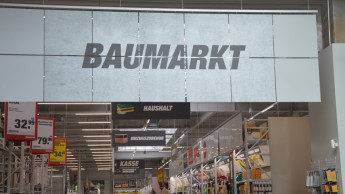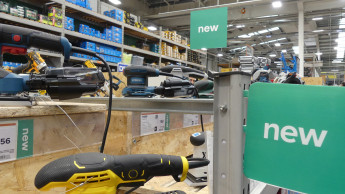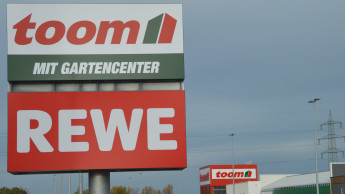Nevertheless, the European retail sector still suffers damage amounting to 27.3 bn euro. Theft is at the root of 83 per cent of inventory discrepancies (22.7 bn euro). Customers are the main culprits here, accounting for 48 per cent of shrinkage, whereas employees are responsible for 28 per cent and suppliers for seven per cent. The remaining 17 per cent stems from internal mistakes such as erroneous entries or faulty product labelling.
The losses differ from one sector to another. Shrinkage in DIY stores declined by eleven per cent, though inventory discrepancies are still above-average at 1.56 per cent. Department stores and shoe shops, on the other hand, report the lowest losses.
Causes of shrinkage 2002/03(download pdf-file)
Shrinkage as % of sales(download pdf-file)
Shrinkage by product category an retail format(download pdf-file)
A total of 436 trading groups with 28 819 outlets altogether in 17 European countries participated in the survey. Their combined sales of 441.1 bn euro represent around 21 per cent of the retail trade in Europe. The data collected refers to the period between April 2002 and March 2003
Positive trend in Germany
The countries with the lowest rates of shrinkage are once again Germany, Austria and Switzerland. The British, the Portuguese and the Finns have the highest rates of loss. Germany saw a marginal reduction of inventory discrepancies from 1.19 to 1.16 per cent, amounting to a decline of 2.5 per cent. This means that the German retail sector suffers an annual loss of 5.3 bn euro. In a Europe-wide comparison, German employees do the least amount of thieving (23 per cent) after Greece, Portugal and the Netherlands. The proportion of shoplifting in Germany is above-average at over 50 per cent, the same as last year.
Austria and Switzerland buck the trend
Shrinkage is going down in most of the countries surveyed, but inventory discrepancies…

 Menü
Menü














 Newsletter
Newsletter